Publications
Articles, publications, books, tools and multimedia features from the U.S. Institute of Peace provide the latest news, analysis, research findings, practitioner guides and reports, all related to the conflict zones and issues that are at the center of the Institute’s work to prevent and reduce violent conflict.
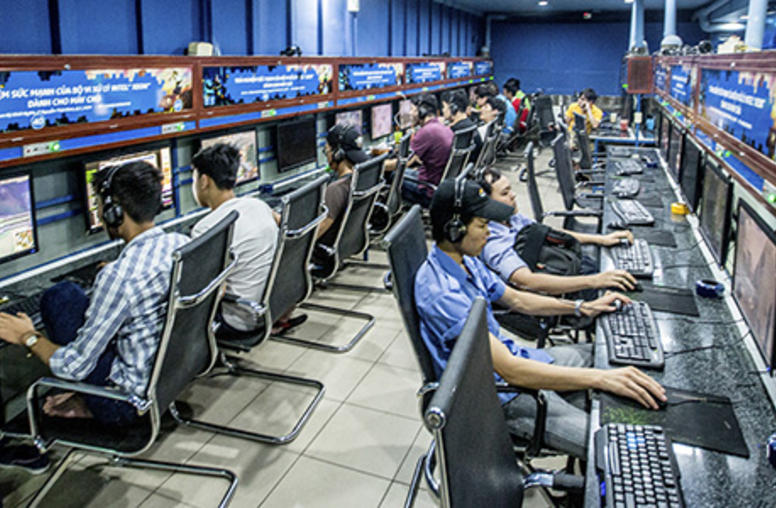
Can Your PlayStation Stop a War?
Video games are being used for everything from helping find cures for HIV to losing weight. It's time to start using them to make peace.
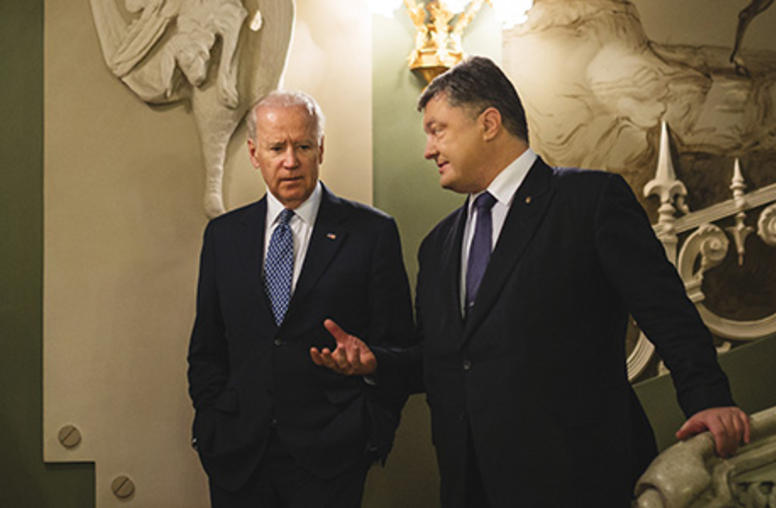
Tunisia and Ukraine: Linchpins of U.S. interests
The Obama administration’s announcement this week that it plans to quadruple military resources devoted to deterring Russia in Europe highlights how seriously U.S. and NATO leaders view the threat posed by Russia. Ukraine is struggling to save its young democracy and stave off public disaffection with the new government’s valiant but halting reforms, even as Russia continues its campaign of military and economic goading.
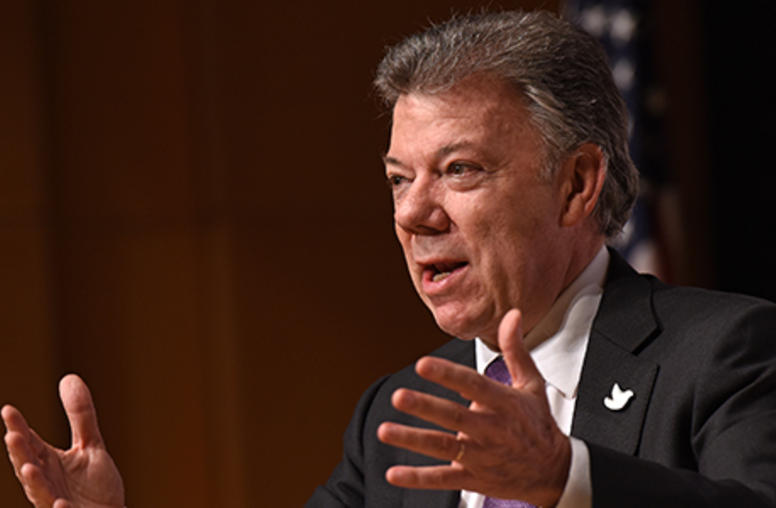
Colombian President Says 51-Year War May End Next Month
Colombian President Juan Manuel Santos said his government and the country’s biggest guerrilla group likely will be able to sign a final peace accord close to their self-imposed deadline of March 23, ending more than half a century of internal conflict. Speaking today in Washington at an event co-hosted by the U.S. Institute of Peace, Santos said his government will return to the ongoing negotiations in Havana with new procedures aimed at expediting the final phase.
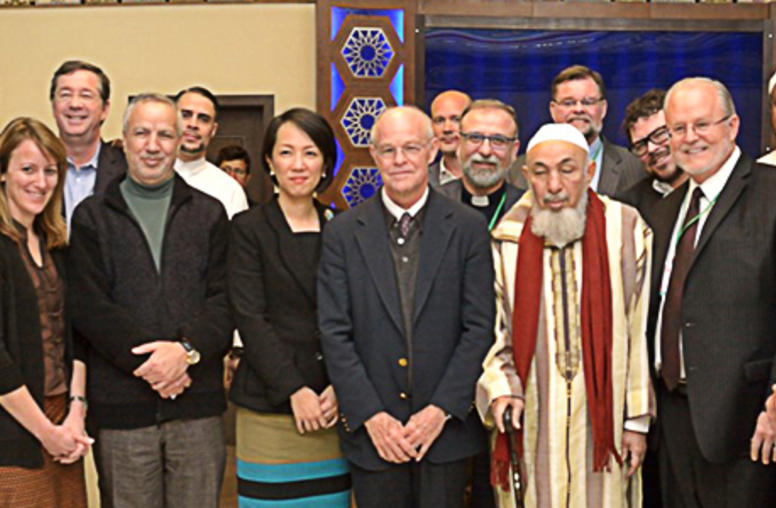
Q&A: Muslim Scholars Pledge Support for Religious Minorities
Muslim scholars and intellectuals from more than 120 countries issued a new pledge of support last week for the protection and freedom of religious minorities in Muslim-majority communities. Susan Hayward, USIP’s director of religion and inclusive societies and an ordained minister in the United Church of Christ, attended the three-day conference in Marrakesh, Morocco, as a supporter, and explains the significance of the pronouncement.
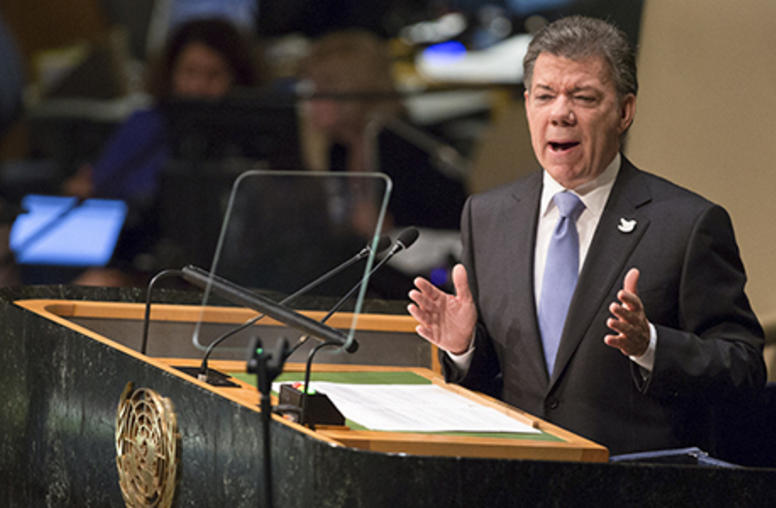
Q&A: Colombia’s President Santos in Washington
Colombian President Juan Manuel Santos meets President Barack Obama on Feb. 4 in Washington to commemorate the 15th anniversary of “Plan Colombia,” a U.S.-led effort that has provided about $10 billion to help the South American country’s security forces fight leftist guerrillas and drug traffickers. Virginia Bouvier, a senior advisor for peace processes at the U.S. Institute of Peace, who has led the Institute’s work on Colombia for the past decade, talks about Santos’s visit and the fast-mo...
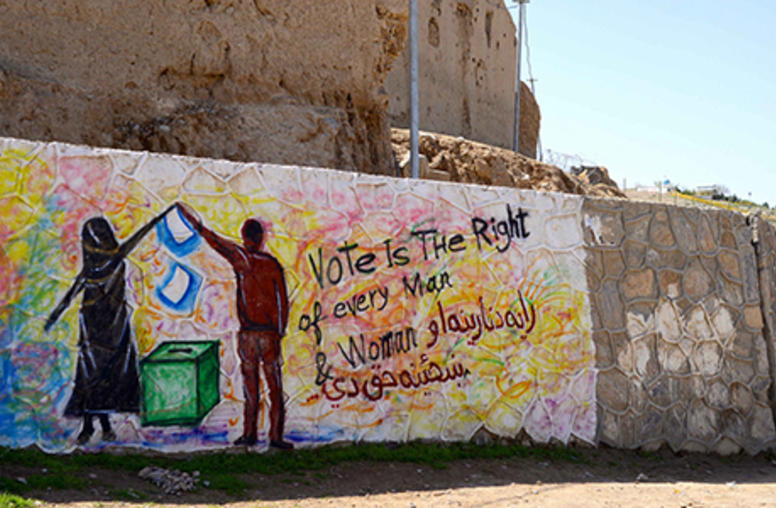
In Afghanistan, No Leadership Means No Elections
The only way for Afghanistan to avert electoral disaster is if the Ghani government and parliament act together to take cohesive and swift action.
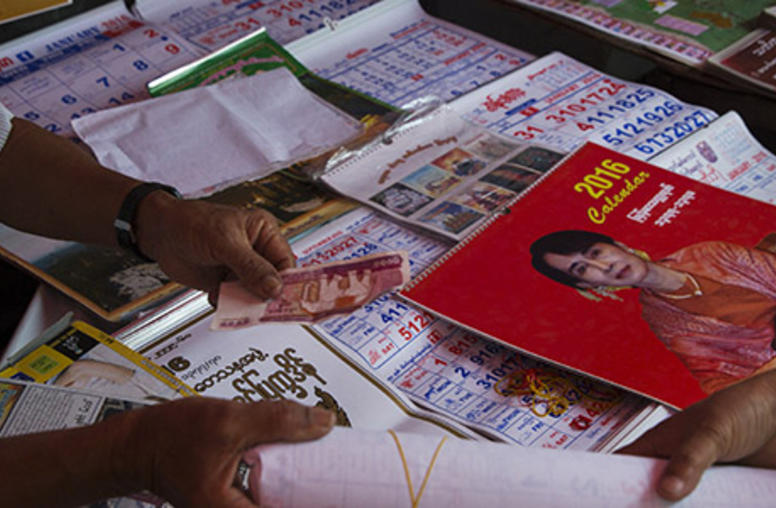
Q&A: Myanmar’s New Parliament with Suu Kyi Party Majority
Myanmar’s transition to representative democracy reaches another milestone on Feb. 1: A new parliament begins work with a majority of its members for the first time belonging to the National League for Democracy (NLD), the party led by Nobel Peace Prize laureate Aung San Suu Kyi. Priscilla Clapp, a former American diplomat in Myanmar and U.S. Institute of Peace specialist on the country, discusses the next steps and the likely effect of the change on Myanmar’s political, economic and societal...
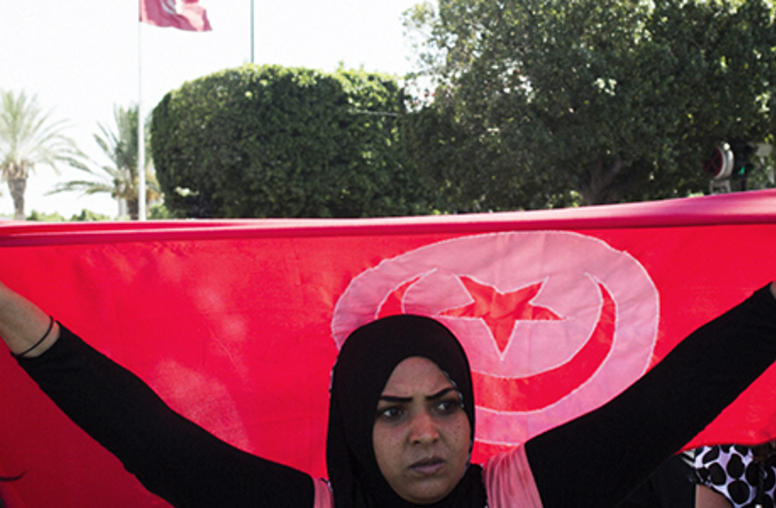
The Peacebuilder’s Field Guide to Protest Movements
Protest movements around the world scored major victories in 2015. But if we want to see real change, international donors need to stop fretting and lend a hand.
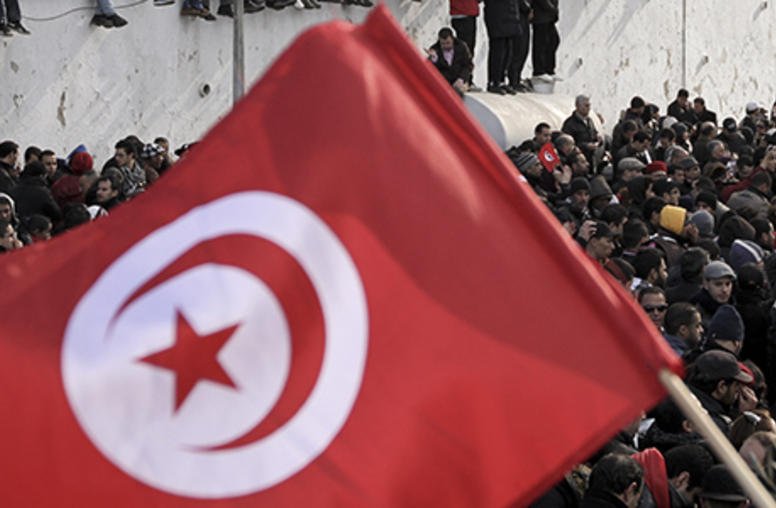
Tunisia’s Revolution: Five Years On, What Lies Ahead
In the wake of the 2011 Arab Spring uprisings, Tunisia stands alone. As other countries in the upheaval have splintered into civil war or returned to dictatorship, Tunisia’s Jasmine Revolution, on its fifth anniversary, remains on a peaceful, democratic path with an elected parliament and coalition government bound by a constitution. At the same time, the specter of a weakening economy, rising violent extremism and an increasingly disillusioned public tugs at the future.
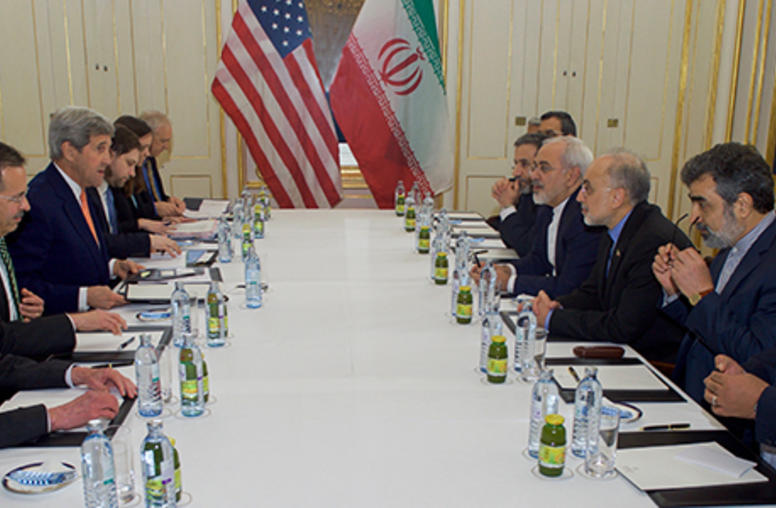
Q&A: Iran Nuclear Accord Milestone
In a historic milestone of the nuclear agreement reached in July between Iran and the world’s major powers, the United Nations’ nuclear watchdog certified on January 16 that Iran had complied with restrictions on its nuclear program and the international community lifted a range of sanctions imposed on the regime over the past decades. Daniel Brumberg, a special advisor at the U.S. Institute of Peace, considers the ramifications for the region and the world.